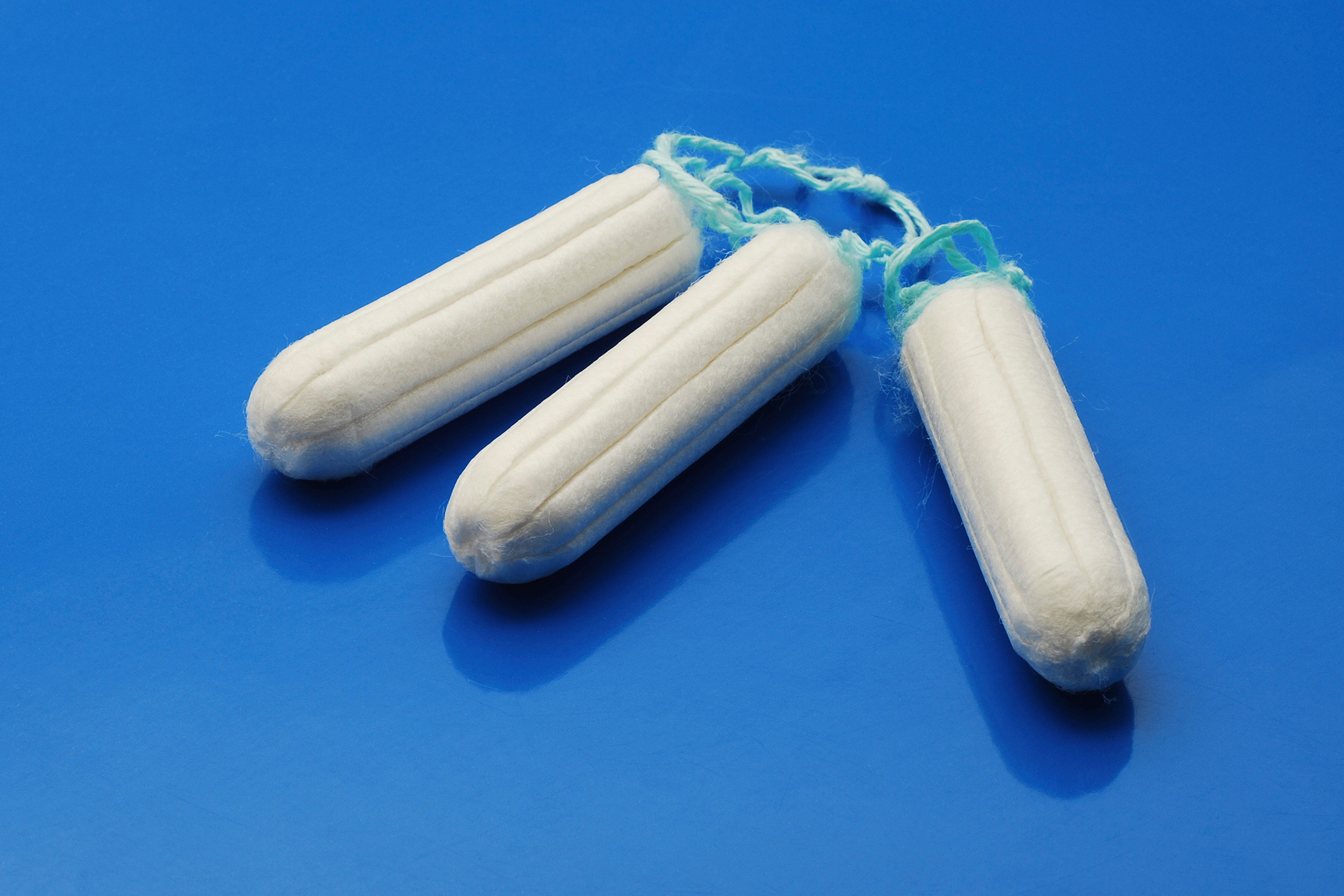
MPs, activists and members of the U.K. public have expressed anger after money raised by a tax on sanitary products was used to fund an anti-abortion charity.
Last year, the British government pledged to spend the proceeds of the 5% tax on products including tampons, sanitary towels and mooncups on women’s charities after more than 320,000 people signed a petition calling for an end to the “overtly sexist” tax.
But after releasing a full list of the 70 organizations set to benefit from the £12 million ($14.9 million) raised by the tampon tax, the government has come under fire for donating £250,000 to ($311,000) to the charity Life.
Although the money raised for Life is set to provide “housing, practical help, counseling, emotional support and life skills training for young pregnant women who are homeless,” according to the U.K.’s Department for Culture, Media & Sport, the charity describes itself on its website as an organization that combines “pro-life advocacy and education work with nationwide services providing positive alternatives to abortion.”
On Twitter, Member of Parliament Stella Creasy criticized the government’s decision. “This fund was supposed to help women not encourage those organisations who want to control them-completely unacceptable and must be stopped,” she wrote. The British Pregnancy Advisory Service (BPAS) has set up a petition, calling on Rob Wilson, the minister for civil society, “to review and provide urgent clarification of the government’s decision.”
As well as providing a grant to Life, tampon tax money has gone to charities including the Domestic Abuse Housing Alliance, to “raise awareness of consistent, pro-active and safe responses to domestic abuse and clarify the responsibilities of private landlords towards tenants and their children who are experiencing domestic violence” as well as Fixers, to support the organization’s work “focussing on self-esteem and body image based on first hand experiences of young women aged 16 to 25 in the U.K..”
More Must-Reads From TIME
- The 100 Most Influential People of 2024
- Coco Gauff Is Playing for Herself Now
- Scenes From Pro-Palestinian Encampments Across U.S. Universities
- 6 Compliments That Land Every Time
- If You're Dating Right Now , You're Brave: Column
- The AI That Could Heal a Divided Internet
- Fallout Is a Brilliant Model for the Future of Video Game Adaptations
- Want Weekly Recs on What to Watch, Read, and More? Sign Up for Worth Your Time
Write to Kate Samuelson at kate.samuelson@time.com